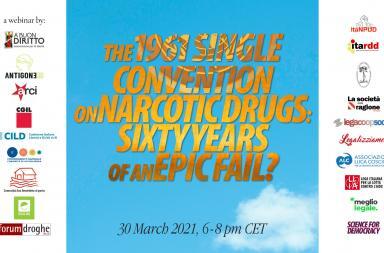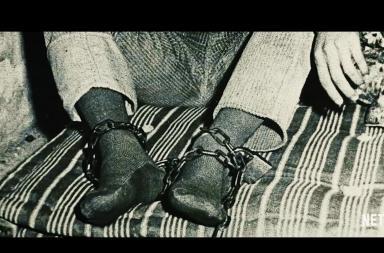This post is also available in:  Italiano (Italian)
Italiano (Italian)
In February 2018 Luigi Saraceni (renowned lawyer, judge and writer), while commenting on a Supreme Court rule declining to consider a crime the cultivation of six cannabis seedlings for personal use, hoped that this solution “in the absence of a decisive step by legislators could become an unanimous patrimony of jurisprudence “. Those were prophetic words.
Less than two years later, we can confidently say the, while our politicians still writhe in an asphyxiating and moralizing debate, the jurisprudence takes a positive look at the controversial matter of cannabis cultivation for personal use. We know why this is still a thorny issue: a clear contradiction in our current drug law (art. 75 of Presidential Decree 309/1990) prevents the non-punishable nature of cannabis plant cultivation exclusively for personal use, unlike a simple possession of its derivatives (marijuana and hashish). Hence a serious problem for the equanimity principle, now finally addressed by the Supreme Court’s comprehensible and simple rule (even if we must carefully review the full reasoning behind such decision when it will be released).
In any case, the recent rule is very explicit. After repeating, in accordance with current regulations, that the cultivation crime is based only on the botanical type of the plant and its ability to mature and produce an illegal drug, the judges take a further crucial step. They underline that “small-scale cultivation carried out at home should to be excluded from the application of the criminal law, as far as it is intended exclusively for personal use, due to the rudimentary techniques used, the small number of plants, the modest quantity of product obtainable, the lack of any further indicator of any collusion with the illegal drug market.”
In other words, the Supreme Court reintroduced the essential concept of home growing activity as not criminally relevant, as opposed to any “entrepreneurial” large-scale cultivation.
There is an obvious turnaround from a broader orientation expressed in previous rules (28605/2008 Di Salvia and 28606/2008 Valletta), which did not differentiate between those two growing practices. Such rules simply said that “any unauthorized activity of plant cultivation leading to illegal drug extraction is a criminal offense, even when this activity and its product is exclusively intended for personal use”.
That viewpoint underscored the rigor of the law, hardly tempered by a follow-up sustaining the irrelevance of a user’s non-criminal conduct. It was impossible to discern, however, the details of such irrelevant behavior, given the vague and generic language used at that time by the Supreme Court rule. This lack of specifications produced first conflicting interpretations by lower courts and then the spread of a rigorous orientation that saw a total absence of psychotropic effect as the only way out of a criminal action. Needless to say, in turn this yielded very negative consequences for the Italian judicial and jail systems.
We hope that today’s restoration of obvious different criteria, between criminally relevant conduct and behavior sanctioned only by small administrative penalties, will produce some healing social effects. It is particularly important to remove any occasional and personal consumer from the illegal drug market and its related crimes. Equally important is to expand the political debate on the varieties of drug consumption and on the need to face this diversity with non-repressive social policies.




